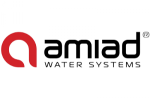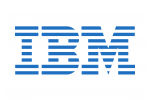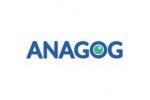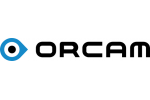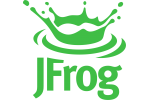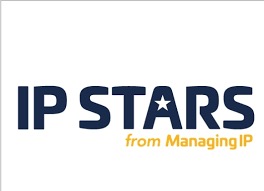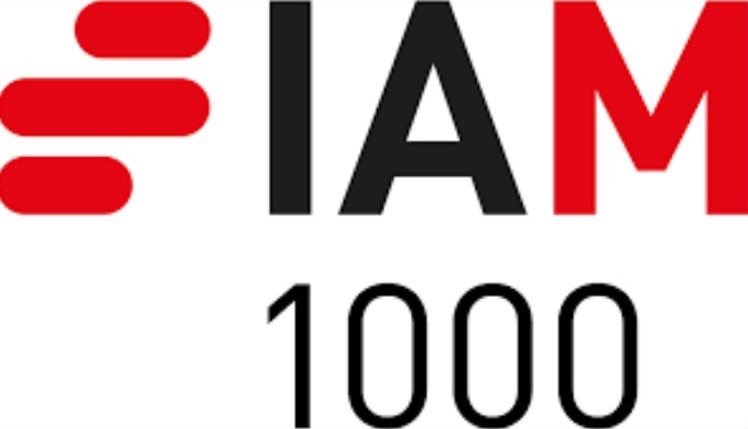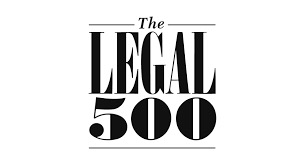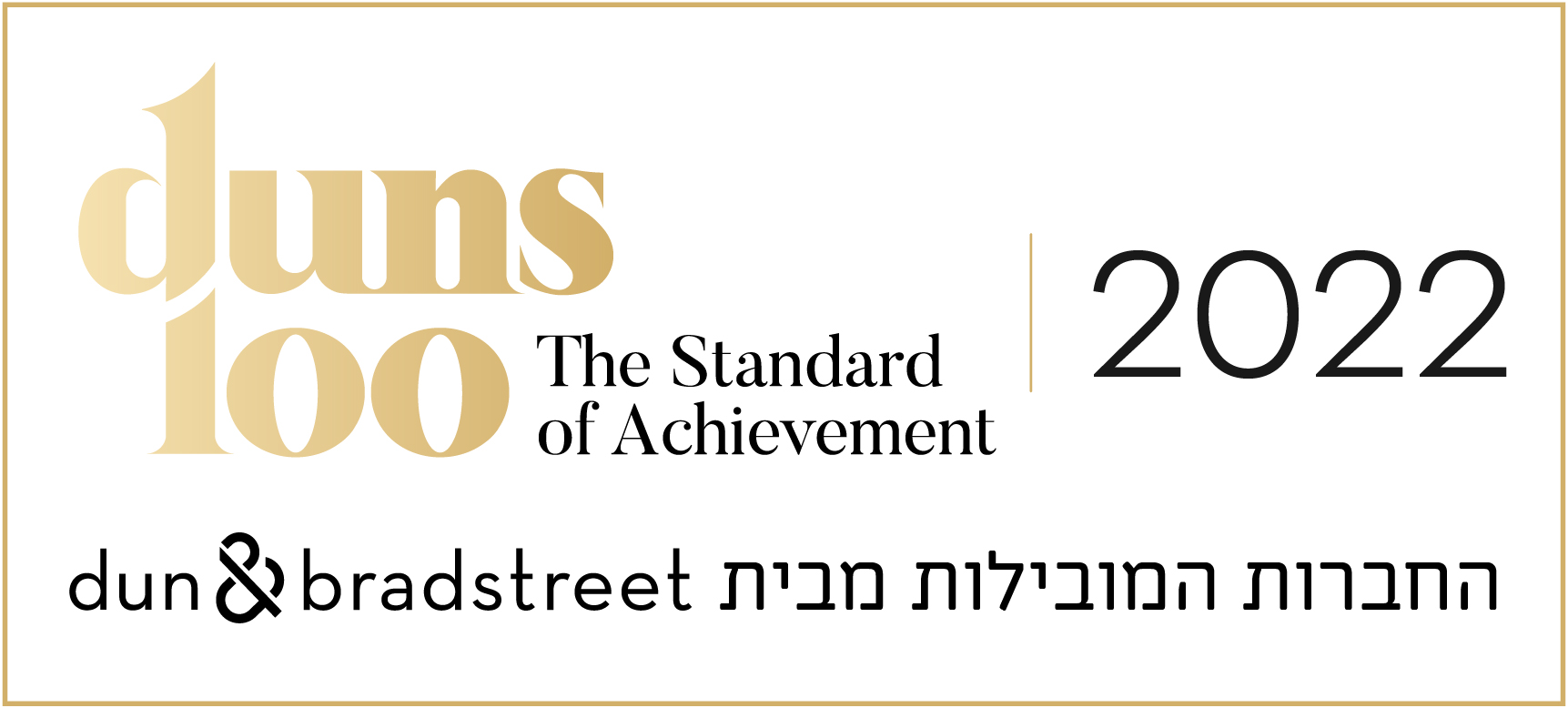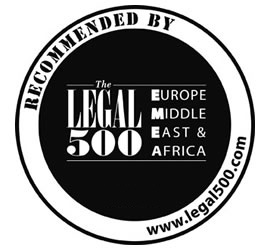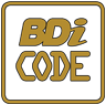Patents
What are patents? |
| Patents are a legal solution meant to encourage innovation. A patent is an exclusive right to an invention, enabling the proprietor to prevent others from utilizing the underlying invention unless specifically licensed to do so. As a rule, only novel inventions that involve an inventive step justify excluding the public from utilizing the invention by being granted a patent. Patent law is one of the most challenging fields of law: it is of high legal complexity and requires thorough technical understanding as well. Although patent law is territorial, global and regional patent treaties have been put in place to harmonize patent protection policies and practices across jurisdictions. However, jurisdiction-based differences continue to exist, and the treaties themselves are dynamic and must be tracked constantly. |
- Drafting of patent applications
- Prosecuting patent applications in patent offices worldwide
- Patent portfolio management and development
- Patent-related litigation, including post-grant oppositions, enabling patent rights and invalidating infringing patents
- Legal opinions, including Freedom to Operate (FTO) opinions, validity/invalidity opinions, infringement statements and non-infringement statements.
Why choose us?
At G&A Glazberg, Applebaum & Co. we have in-depth knowledge of technology and the law. We are also a team of patent attorneys and litigators, with the patent attorney focusing on prosecuting your patent application, while the litigator constantly considers how each action would affect litigating the granted patent.Understanding your invention is crucial to protecting your asset. We have the technology background required to carefully analyze prior art publications in order to clearly focus and distinctly claim your invention.
Can your invention be considered a patentable subject matter? Can a claim be jointly infringed? Can the patent examiner combine the cited art to reject based on a lack of inventive step (obviousness)? These are all questions of law and the answers affect if and how a patent application should be prosecuted.
The current state of the law is important. However, at G&A Glazberg, Applebaum & Co. we know that the law is dynamic and that patents are often litigated years after their issuance. Thus, we keep our finger on the pulse of patent law trends and how they may affect your patent.
As litigators, we also understand that patent statements created during prosecution can limit your litigation rights if not carefully attended to.
Why file in Israel?
Although the market in Israel is small, it is considered an avid early adopter of innovative technology, and many high-tech companies invest in penetrating the Israel market. In addition, Israel is home to R&D centers for many multinational companies such as IBM, Teva, Intel, Microsoft, Google, Given Imaging, Yahoo, HP, NICE and more. Filing patents in Israel may help you compete with these giants by limiting their freedom of operation in Israel.In general, Israel is a patent powerhouse. Israel is a member state of the Patent Cooperation Treaty (PCT) and the Paris Convention. As of 2010, the Israel Patent Authority (also known as, the Israel Patent Office or ILPO) has been authorized by the WIPO to serve as an International Search Authority (ISA) and an International Preliminary Examining Authority (IPEA)—testimony to the high quality of the ILPO’s patent examination capabilities.
According to USPTO statistics, Israel is consistently the country of origin for over 1% of foreign filings, making it one of the top ten largest countries of origin, ahead of countries such as Italy, Australia, Netherlands, Switzerland, Sweden, Finland and India. Similarly, according to WIPO statistics, Israel is consistently responsible for roughly 1% of all PCT filings.
Other advantages of filing in Israel include:
- As of 2011, the ILPO participates in a Patent Prosecution Highway (PPH) program with the US Patent and Trademark Office (USPTO). Thus, a patent granted in Israel will receive special consideration when filing in the US.
- Under section 17 (c) of the Israeli Patent Act, a patent in Israel may be granted without substantive examination based on a registration of a unilateral application in Australia, Austria, Canada, Denmark, the European Patent Office (EPO), Germany, Japan, Norway, Russia, United Kingdom or the United States.
- Israel encourages the patenting of so-called “Green Inventions” and accelerates the prosecution of applications relating to inventions with potential environmental and sustainability benefits.
Contact us to assess the possible benefits of procuring a patent in Israel and outside of it.






